When it comes to stereotypes, not all of them are considered negative. Some stereotypes are even seen as "positive," but they can still have damaging effects.
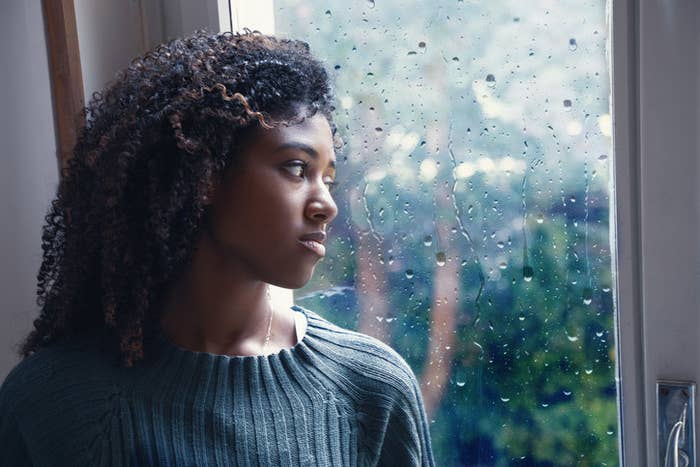
So, we recently asked the BuzzFeed Community to tell us which "positive" stereotypes have negatively impacted them. Here's what they had to say:
1. "The 'strong Black woman' stereotype is quite harmful because it makes people think we don’t need protection or help, or that we don’t get hurt feelings. It also makes us afraid to ask for help because we also get tricked into thinking we can handle anything and not being able to is a 'weakness.'"
"It makes you feel like you can't ever be down, sad, depressed, or hurt. You can't share your emotions or struggles. That can be damaging as hell."
2. "That all Asians are good at math. As a teenager, I got hit with a lot of Asian assumptions, and one was my math ability. I suck at math. I tested into every low math course available, and I had to prove I’m bad at math. One teacher kept trying to redirect me to the other classroom because they couldn’t/wouldn’t believe I was in their math class as opposed to the higher level."
"They kept insisting I was in the wrong classroom even though my schedule clearly placed me in their classroom. It made me so uncomfortable. Needless to say, they learned real quick why I was there."
—Anonymous
"That people who are Asian are always the smartest people in the room. This stereotype has to go! I'm half Asian, and I am still considered 'the nerd.' It drives me wild! Sometimes, I had trouble making good friends because I was always viewed as a threat to all of the other smart people."
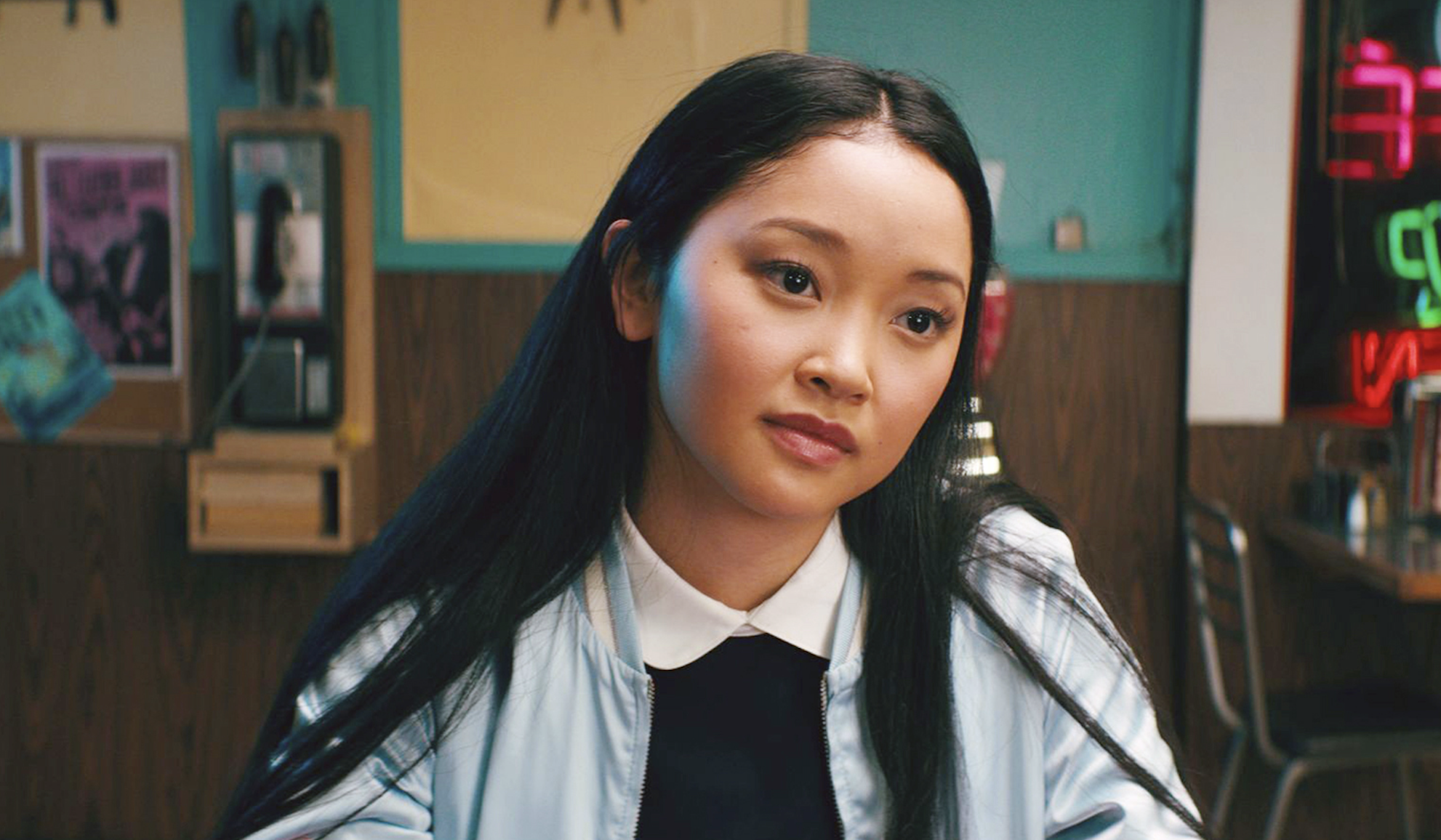
3. "That gay men are flamboyant, love to shop, and have great fashion sense. The majority of my wardrobe is T-shirts with comic book characters on them. I just happen to be attracted to other men instead of women."
"I'm gay. I don't really come across as such. I speak like anyone else and live in metal band shirts and torn jeans. That stereotype has made me feel insecure, like I am not a real gay, or that I am hiding a part of myself."

4. "That anyone who goes through cancer treatment and survives automatically has a new profound motivation to live life to the fullest. The truth is a lot of people really struggle after cancer treatments, and any expectation otherwise can really hinder their ability to move forward. People can easily go from being supportive to judging you for not being grateful that you survived, when in reality, you’re really not fully recovered yet."
"It actually ruined some strong relationships that I had because they expected me to bounce back, and I was actually dealing with depression because of the cancer. It’s been six years now, and it’s still really hard. I have learned that a lot of people go through that, too."

5. "That women are always generally good people/never aggressive. It's basically a way of holding women to a much higher standard than any man, which causes a ton of problems. It can ultimately lead to them being blamed for the actions of the men in their lives. 'Wow, he did that...and his wife didn't stop him?' 'For him to have turned out that way, his mum must have been horrid!'"
"It also leads to women being thought of as 'bitches' whenever they're actually just ambitious and assertive."
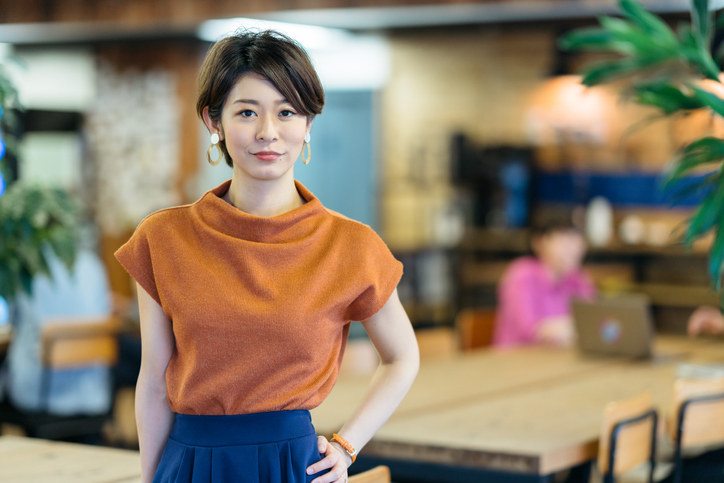
6. "That all Jews are rich. That isn’t always the case, and it causes people to look at us differently or assume that we are snooty."
—Anonymous
7. "The stereotype of all people who are disabled being 'so inspiring' for just breathing. It’s patronizing and infantilizing, and just shows that you don’t expect us to be able to do anything."
—Anonymous
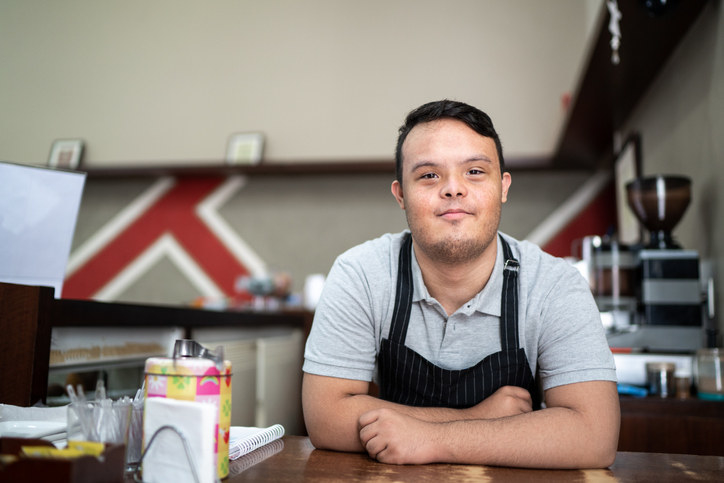
8. "The stereotype about Latin lovers, both men and women. It basically reduces us to sex toys and implies that we aren't real, living, breathing humans and were only put here to pleasure Eurocentric people."
9. "That women are naturally more emotionally in-tune and are naturally better caregivers, and thus, motherhood is expected/natural/desired. It makes women who don’t want to be mothers, who are mothers and struggle with it, or who struggle with emotion in general feel like failures. And it makes other people view them as failures, too."
—Anonymous
"It leads to a culture where any woman who doesn't want kids is considered 'broken.'"
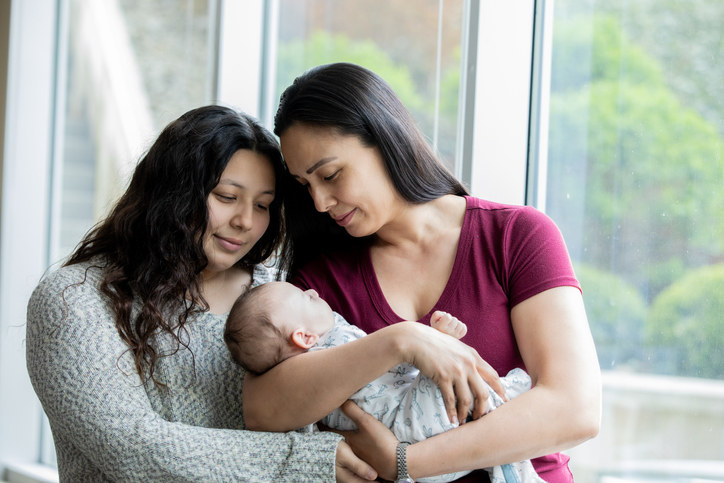
10. "That all lesbians are good at sports. My wife and I were asked to join a coed community softball team. We told them we couldn't play well, but they said it was no big deal, and they just wanted to have fun. The season started, and wouldn't you know it — neither of us were good at softball."
"Everyone on the team was really mad at us because we were horrible. They thought because we were lesbians we would be great players. We ended up being kicked off the team halfway through the season."
—Anonymous
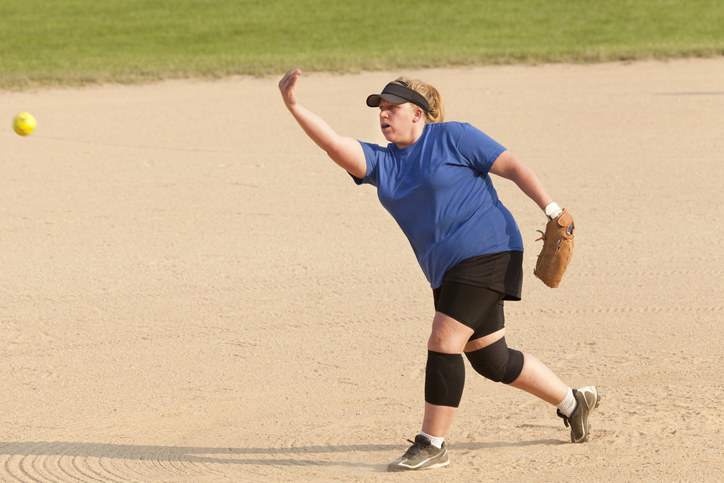
11. "That all Black people are entertainers, meaning we can all sing or dance. We are talented in plenty of areas outside of performance arts. We are not a monolith, particularly in our vast lists of what we can do well."
—Anonymous
"The 'positive' stereotype I despise the absolute most is that ALL Black girls can dance (more specifically, twerk). I cannot do that, no matter how many hours I spend in the mirror trying to get my little booty to jiggle. It just does not."
—Anonymous
12. "I hate the stereotype that all Polynesians must be great at sports. Growing up, everyone would ask what sports I play after I told them my ethnicity, and I'd have to tell them I would never make it onto any team because I am the most uncoordinated person I know. Just because the only famous Pacific Islanders you know are athletes does not mean we're all the same."
—Anonymous
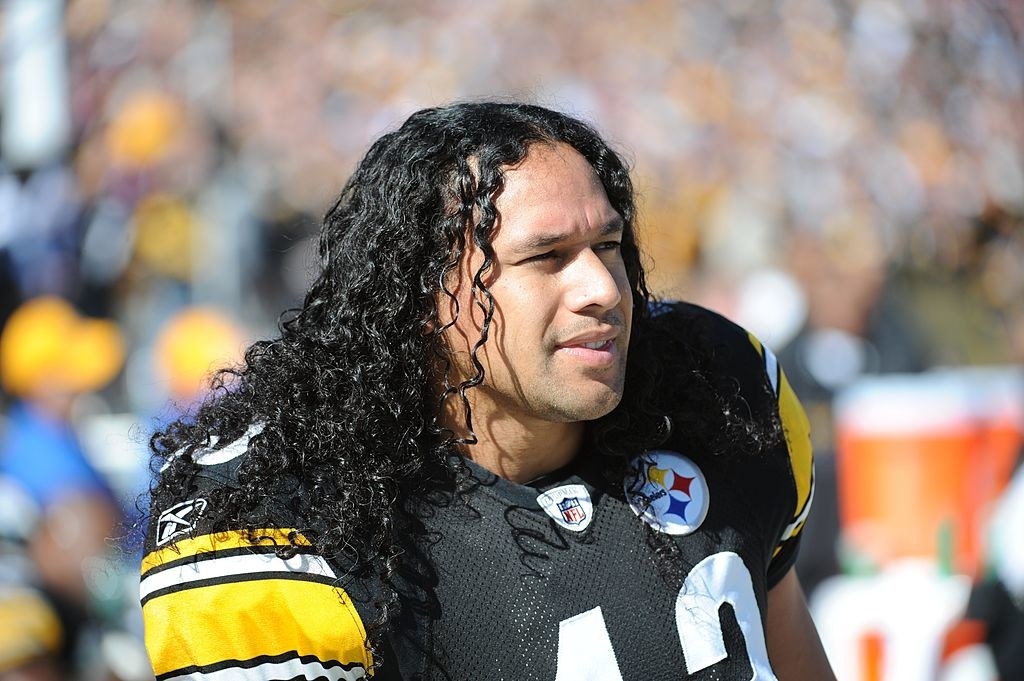
13. "That adoption is beautiful. Society thinks adoption is this beautiful thing, and for some adoptees, it can be. The problem with this stereotype is that it can be dismissive and invalidating to adoptees and how they feel about it. Adoption is extremely complex and often layered with trauma."
"It’s unhealthy for adoptees to live in a society where the majority of non-adopted people dictate the narrative of adoption being beautiful."
—KKAD
14. "That all Latinas have a curvy body. I’m Latina and grew up feeling like I didn’t fit the mold because my body wasn’t curvy enough. I spent so much of my youth doing everything I could to get curvy. I never felt Latina enough just because of my body."
—Anonymous
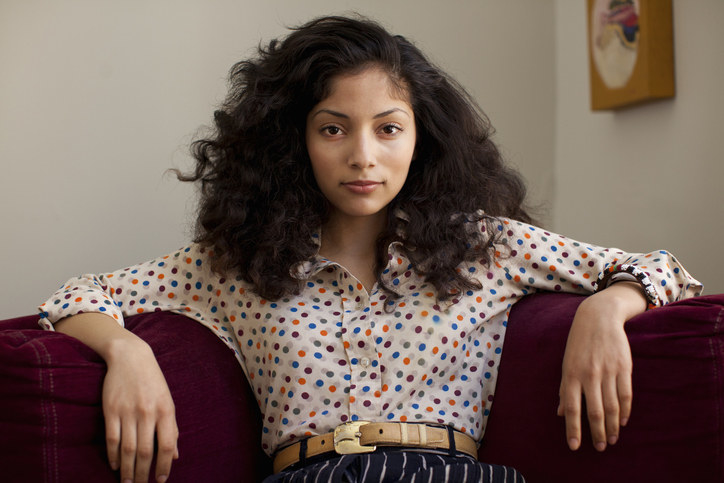
15. "A 'positive' stereotype that I always hear (mostly from men) and have read a few times in magazines and online: 'You're a redhead — that means you're THE BEST in bed!' It tells me that these people lose all maturity when it comes to redheaded women."
"I'm not 'the best ever' woman in bed, but thanks for the highly degrading 'compliment' while making yourself look like the world's biggest, most desperate creep."
—Anonymous
16. "That those who struggle with mental illness are inherently 'deep' and 'creative' because of their pain. I'm tired of how romanticized these issues are by the media. The aesthetic photos of pretty tears and artsy settings have got to stop. Mental illness isn't cute, and anyone dealing with it is beautiful beyond their hurt, not because of it."
"That depression makes you a talented artist, musician, etc. Sometimes it does, and that’s awesome, but in my experience, depression takes away the desire to do things you like, like art or other hobbies. When people say, 'Well, if you have depression, you must be emotional and artistic,' but you struggle just to get out of bed; it feels really bad. Like, not only are you depressed, but it feels like you’re failing at it, too, by not being productive. It’s often just a way for neurotypical people to look on the bright side of mental illness, but it can make neurodivergent people feel bad for not thriving in a capitalistic world where someone’s worth is based on their productivity."
—Anonymous
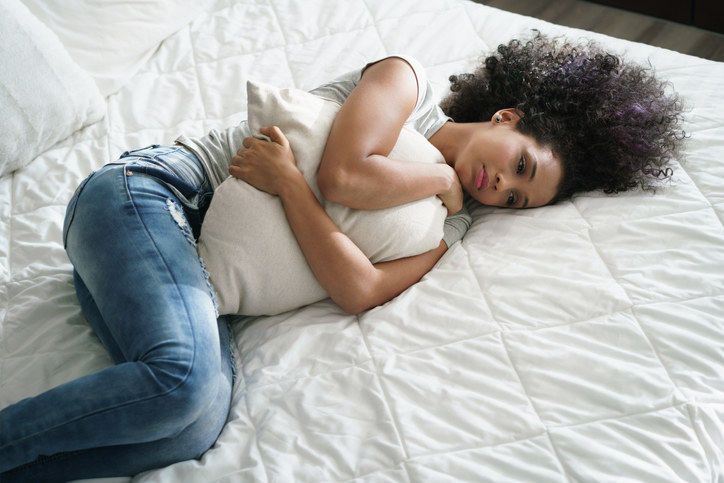
17. "That Native Americans are stoic. I'm Native, and I have never seen any of my family or friends act like an unfeeling robot! We laugh at parties and cry at funerals just like normal people."
—Anonymous
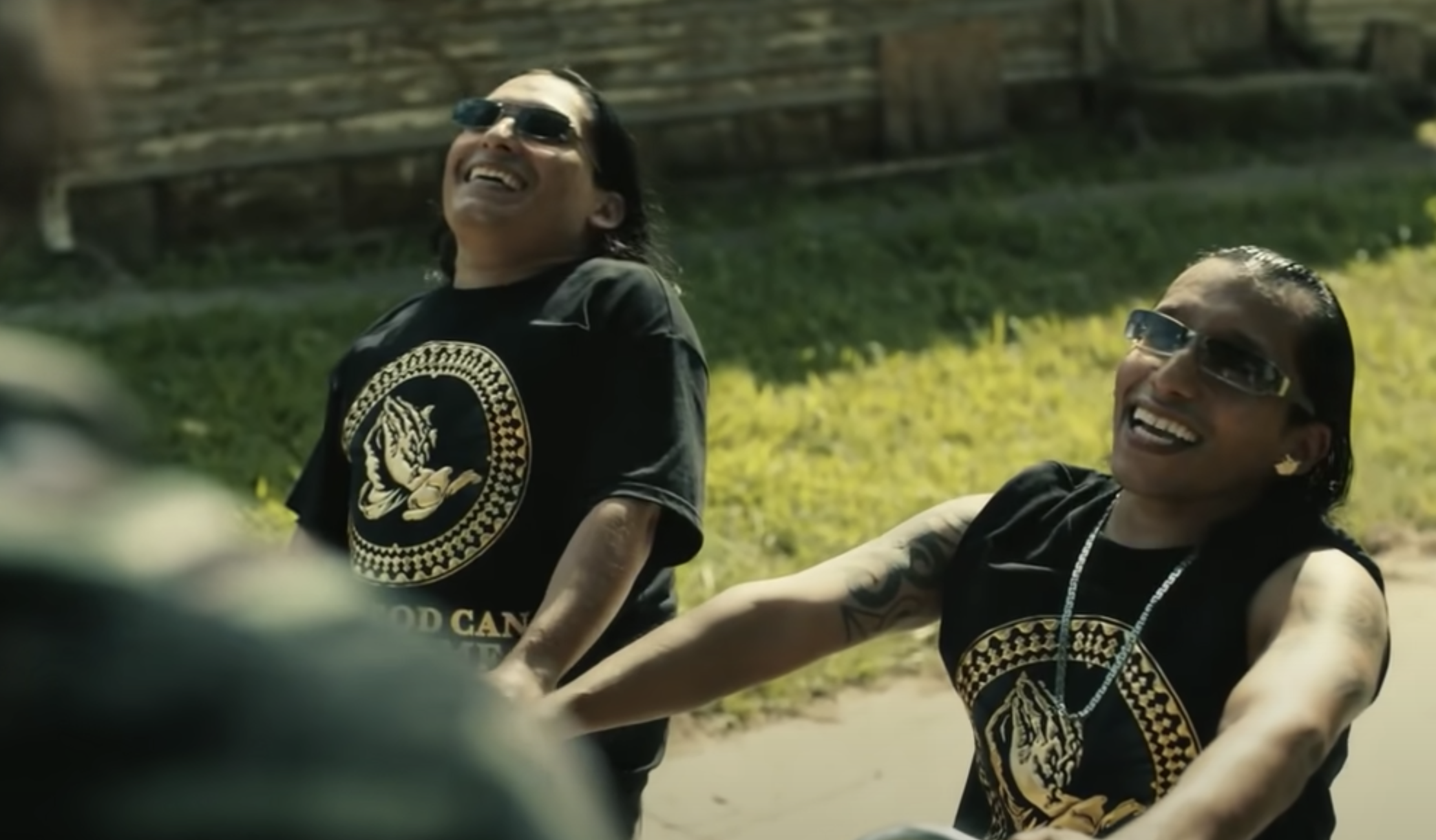
18. "That choosing to be single is 'brave' of us. No, we just prefer to live life without a partner. There’s no courage or bravery involved in this. It’s just a choice that should be normalized."
—Anonymous
19. "That all Latina women are great cooks."
—Anonymous
"There are many cultures with stereotypes about women and cooking. If a woman knows how to cook, she is viewed as a worthy partner, and if she doesn't, then it's viewed as a huge mark against her. But some of these cultures, including my own, don't treat men the same way. If you're going to put cooking up on a pedestal, men should be held to the same standard. Otherwise, you're just enforcing outdated gender roles."
—Anonymous
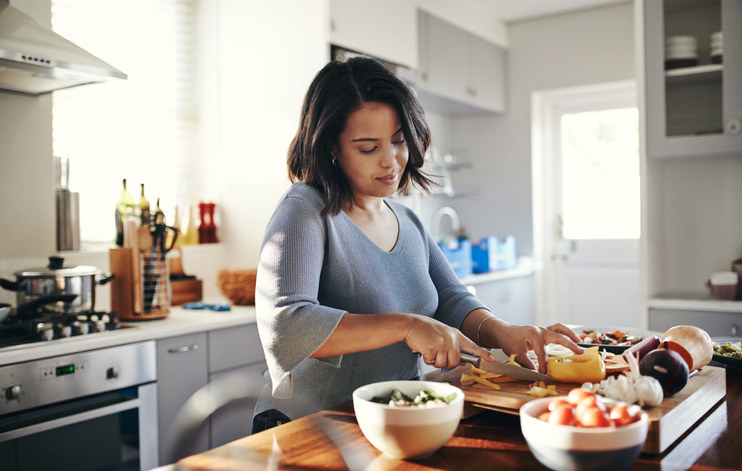
20. "There's a stereotype that mixed folks get the best of both worlds. Unfortunately, that is not the case for me or any of my mixed friends, and that stereotype just makes us feel even more lost and alienated. We're 'not enough' for either side, so we end up in the middle, rejected from both cultures. Being mixed is often portrayed as this beautiful thing in TV/movies, but in reality, it can be really lonely."
—Anonymous
21. "A 'positive' stereotype that I've heard people assume is that fat people must be great chefs. That's horribly wrong on so many levels."
—Anonymous
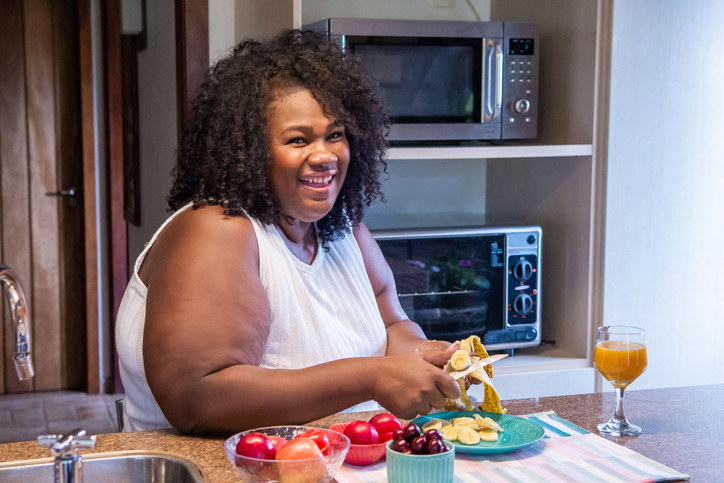
22. "That lesbians are good at basic home improvement tasks. It makes it harder to ask for help without hearing toxic crap."
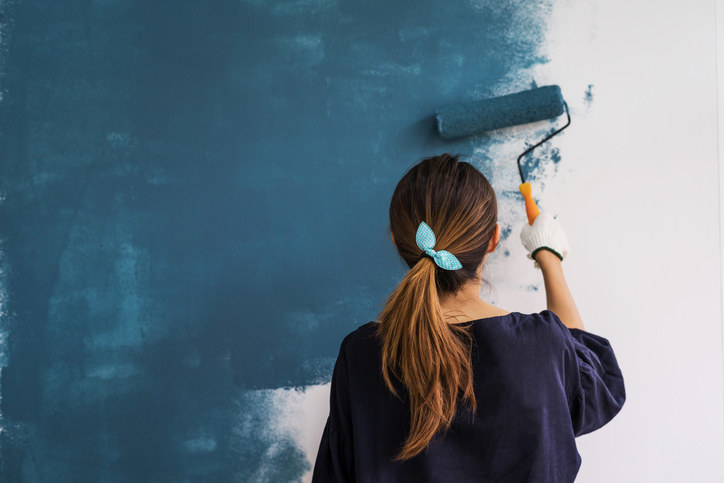
23. And finally, "That cancer patients are so 'brave' and 'amazing.' I was a scared child when I underwent chemotherapy. I was so often praised for how brave and strong I was. It put such a sense of expectation on me to keep it together throughout the experience. I found myself, the patient, trying to be strong for my family. It had a profound effect on the way I show emotion even years later."
"Cancer was a thing that happened to me. I wasn't being brave; I was swept up in a very bad situation and doing what the doctors said would make it better. And hoping not to die. Obviously, it does take courage to face up to a situation like cancer, but cancer patients are ordinary people in extraordinary situations. There is a time and a place for encouragement and affirmation, but it's just as important to treat them as normal humans who are feeling extremely vulnerable."
"I've been through so much medical trauma in my life, and I keep getting told how brave or strong I am. I am not brave or strong; I'm terrified, and it's usually a case of 'do this or die.' I'm not inspiring; I'm scared of whatever the next horror will be."
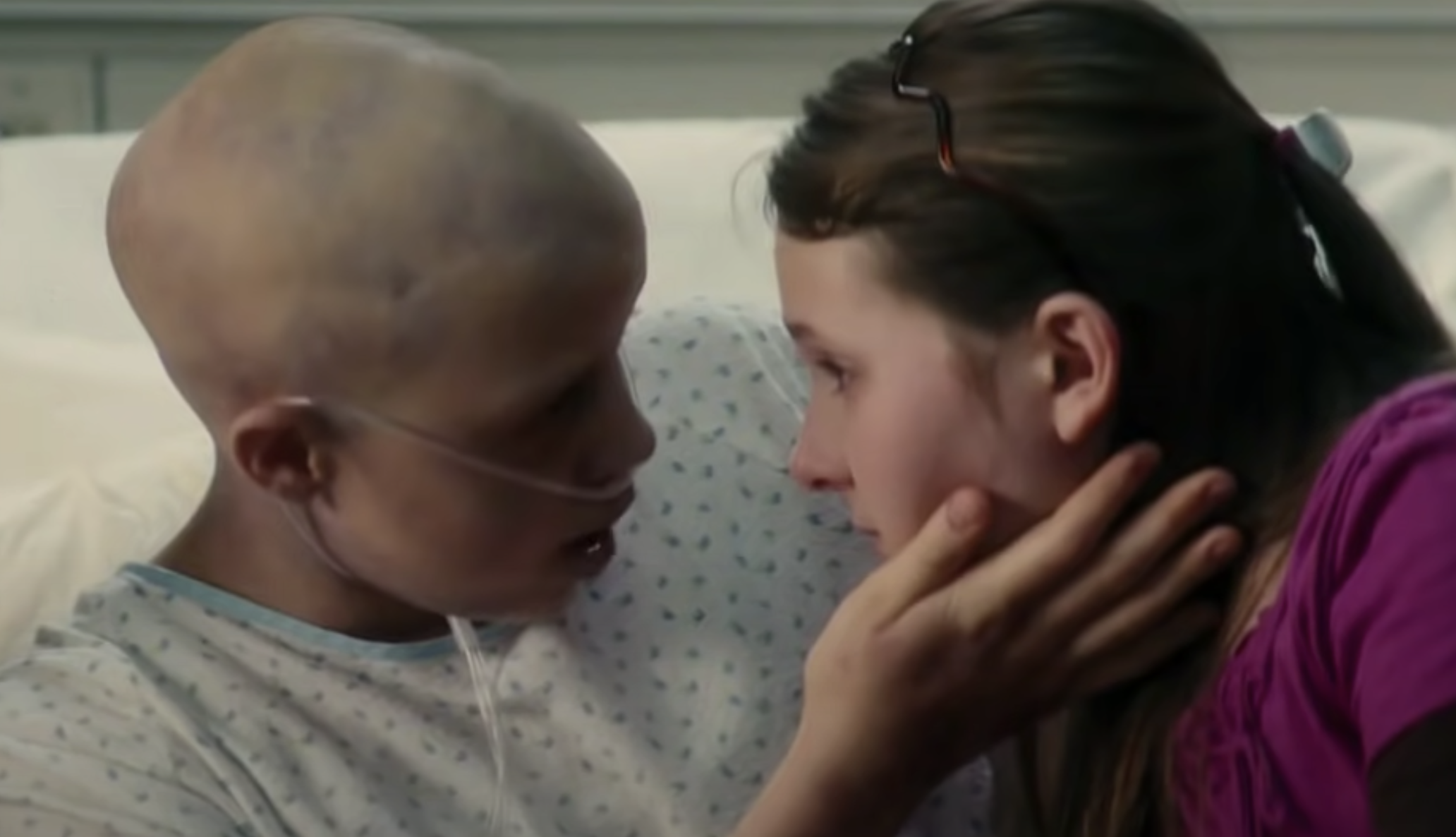
Which "positive" stereotype do you think has negative effects? Share your thoughts in the comments below.
Some responses have been edited for length and/or clarity.
